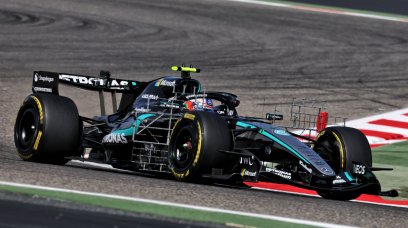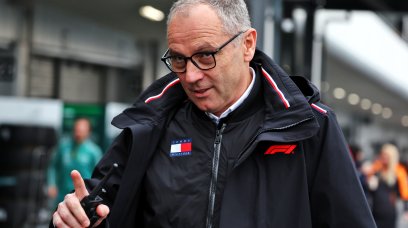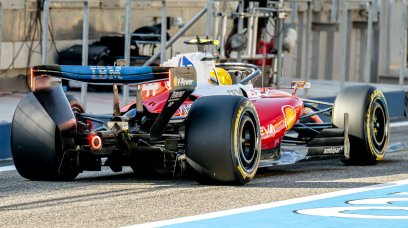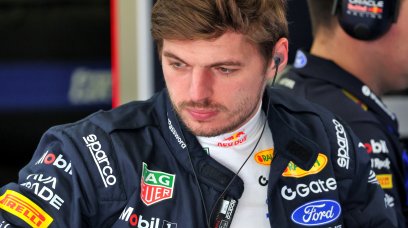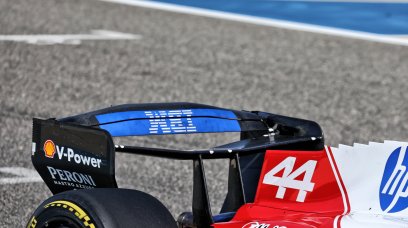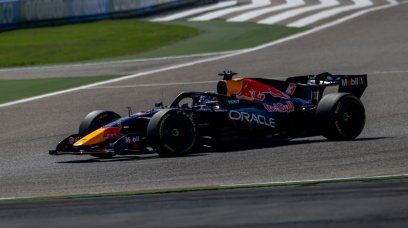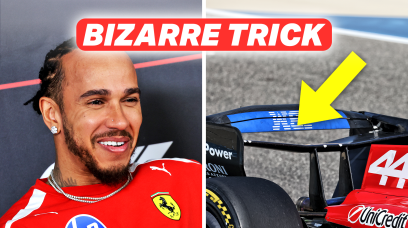Motorsport is mainly about what happens on track, but if you can work it to your advantage off track amid all of the politics you can get a lot more out of it. RacingNews365 takes a look at some of these influential figures and the role they have made in changing the course of history in F1 through their politics off the track. Do you agree with all of these names? Let us know in the comments and perhaps there will be a sequel to this article!
Fernando Alonso
You either hate or love Fernando Alonso. The Spanish driver entered F1 at the turn of the century and immediately stood out. At first mainly because of his raw speed, but not long after that also because of his striking character. This began during his successful years at Renault, where he was the first driver to be able to get the better material from his superiors. When he realised that Renault might not fare so well in 2007, he decided to sign a contract with McLaren even during the 2006 season. His time at McLaren was short-lived: due to an internal battle with rookie teammate Lewis Hamilton, he left after just one season. Many a seasoned F1 fan will remember the 2007 Hungarian GP, where he deliberately held up Hamilton in the pit lane so that the Briton could no longer set a fast lap. After his brief McLaren adventure, Alonso returned to Renault and was implicated as part of the infamous crashgate scandal . In 2010, Alonso signed a contract with Ferrari. Things thrived between the two-time world champion and the Scuderia, but over time cracks appeared in the marriage. The reason? Alonso reportedly played "too many political games" within the team. In 2015, Alonso left and rejoined McLaren amid their engine deal with Honda. This turned out to be a short-lived move for the Spaniard, who left at the end of 2018 to spend a couple of years competing in other racing series including WEC with Toyota. In 2021, he made a surprise comeback at Team Enstone now known as Alpine (formerly Renault). Alonso produced great results, but behind Alpine's back he signed a huge multimillion-dollar contract with Aston Martin in the middle of 2022 to replace the outgoing Sebastien Vettel. The move turned out to be one of the best of the silly season, with him taking eight podiums in 2023.
Bernie Ecclestone
The Rolling Stones made rock & roll beloved worldwide, Cruijff and Pelé made soccer great, and Bernie Ecclestone made F1 a world sport. This did not happen without a struggle. Originally a garage owner, he entered the sport in the 1950s and switched to team ownership in the mid-1970s when he bought the Brabham team. During this period, Bernie also started trading television rights to F1, a veritable kickstart to the revenues that enabled its growth in the late 90s. Ecclestone's business vision led F1 to be firmly commercialized. Old, dilapidated circuits - such as the one at Zandvoort - disappeared from the calendar and Ecclestone struck interesting deals with just about anyone to turn the premier class into a multi-million dollar industry. The above became all the more obvious in 1997, when the United Kingdom wanted to ban tobacco advertising in sports. Ecclestone put a stop to that by sitting down with former Prime Minister Tony Blair. The result? The government made an exception; F1 could "just" continue to run tobacco advertising. Ecclestone's extraordinary practices cannot be named in one item. An entire book - or perhaps even an omnibus - could be written about them. What about that weekend in Indianapolis in 2005 and Bernie's role in the Crashgate case?
Flavio Briatore
Flavio Briatore is best known as the man who made the careers of Michael Schumacher and Fernando Alonso. However, true F1 connoisseurs also know full well that the Italian is anything but a saint... Briatore and his Benetton team achieved many successes in the 1990s. In 1994 and 1995, when Schumacher became World Champion; Briatore was his team boss at the time. Benetton was later accused of driving with illegal software in 1994, while also exploring other grey areas. Incidentally, this was not the first time Briatore and Benetton had been compromised. Briatore had worked for the clothing brand since the late 1970s and was accused and convicted of fraud several times in his early years. In 2009, it came out that Briatore was involved in the 2008 Crashgate scandal, which took place during the Singapore GP. During the race, Nelson Piquet Jr had deliberately crashed so his teammate Fernando Alonso could win the race on strategy. Briatore was banned from Formula 1 by the FIA, a decision that was later reversed.
Jean-Marie Balestre
Jean-Marie Balestre was a leading figure at the FIA and FISA in the 1970s, 1980s and 1990s. In the early 1980s, he played an important role in the "FISA-FOCA conflict," a political battle over finance and control within F1. Balestre and his opponent, Ecclestone, eventually reached a compromise after an intervention by Enzo Ferrari. In 1981, Balestre signed the first Concorde Agreement, in which the FOCA obtained F1's commercial rights, while the FIA retained control of the sporting and technical aspects. In 1981, Balestre signed the first Concorde Agreement, in which the FOCA obtained F1's commercial rights, while the FIA retained control of the sporting and technical aspects. In the mid-1980s, Balestre was actively involved in the World Rally Championship, particularly during the era of the Group B segment. After a series of fatal accidents in the 1986 season, Balestre made the decision to ban the entire Group B class from the championship, which resulted in considerable criticism and controversy. Balestre was accused of abuse of power on several occasions, a notable example being the title fight between Alain Prost and Ayrton Senna in F1 in 1989. Following the incident between Prost and Senna at Suzuka, insinuations surfaced in Autosport Magazine that Balestre had manipulated the outcome of the championship in Prost's favor by disqualifying, fining and suspending Senna. This event led to the appointment of Max Mosley as president of FISA.
Michael Schumacher
Michael Schumacher absolutely cannot be left out of this list. The World Champion has 91 victories and seven titles to his name, something that has only been eclipsed and broken by Lewis Hamilton. Notwithstanding his controversial 1994 season at Benetton in his golden years at Ferrari between 1997 and 2006, Schumacher was responsible for changing the game for drivers. His attention to detail off the track and focus on the physical aspect of driver fitness led to today's modern athletes. Want to know more about Schumacher's greatest moments? Read about them here.
Most read
